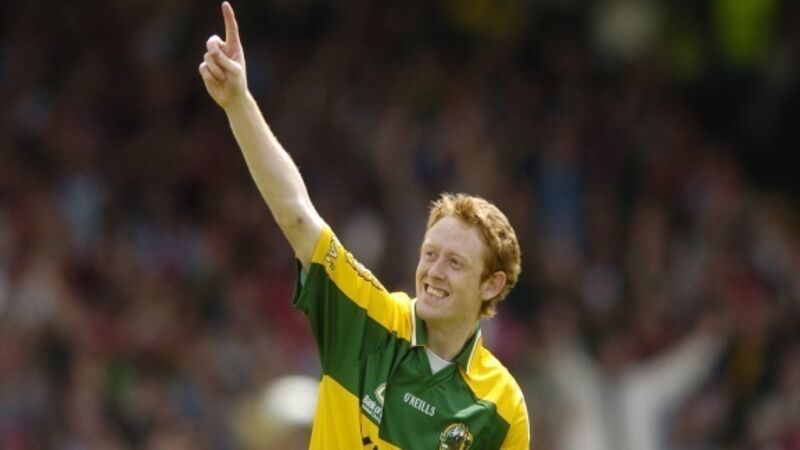Privilege of witnessing greatness trumps quibbles over medals

There is a brilliant interview with the great Tipperary hurler Jimmy Doyle — broadcast as part of the old Setanta Sports ‘Legends’ series — where he talks about Christy Ring.
Doyle describes going as a boy into the field in Thurles to watch Cork playing on summer Sundays and being entranced by Ring. The words he speaks are relatively mundane, but the way his face comes alive as he speaks of Ring and his genius and the way Ring was his inspiration is lovely to watch.








